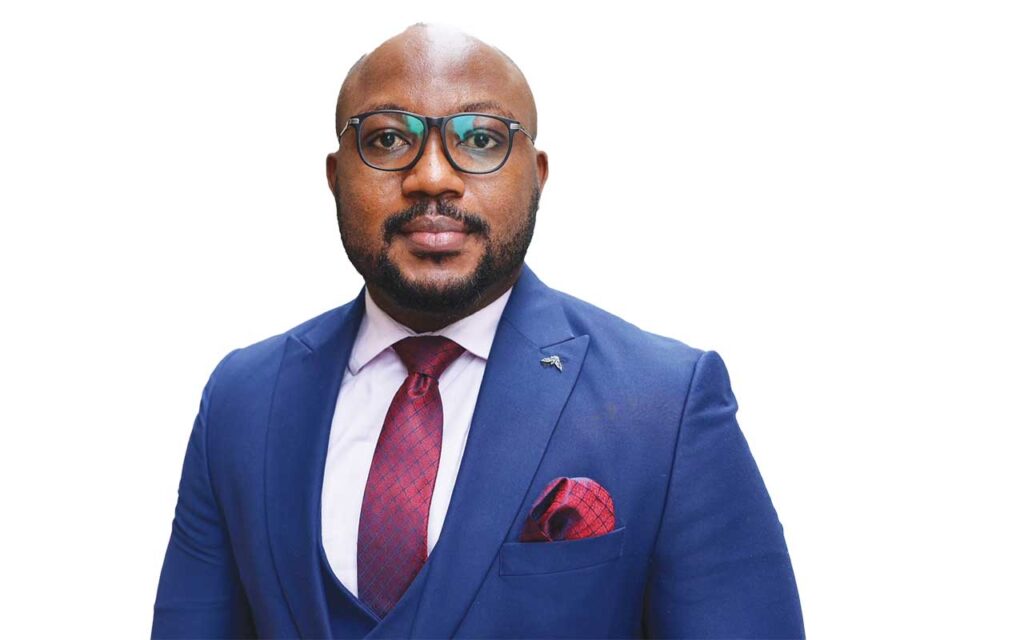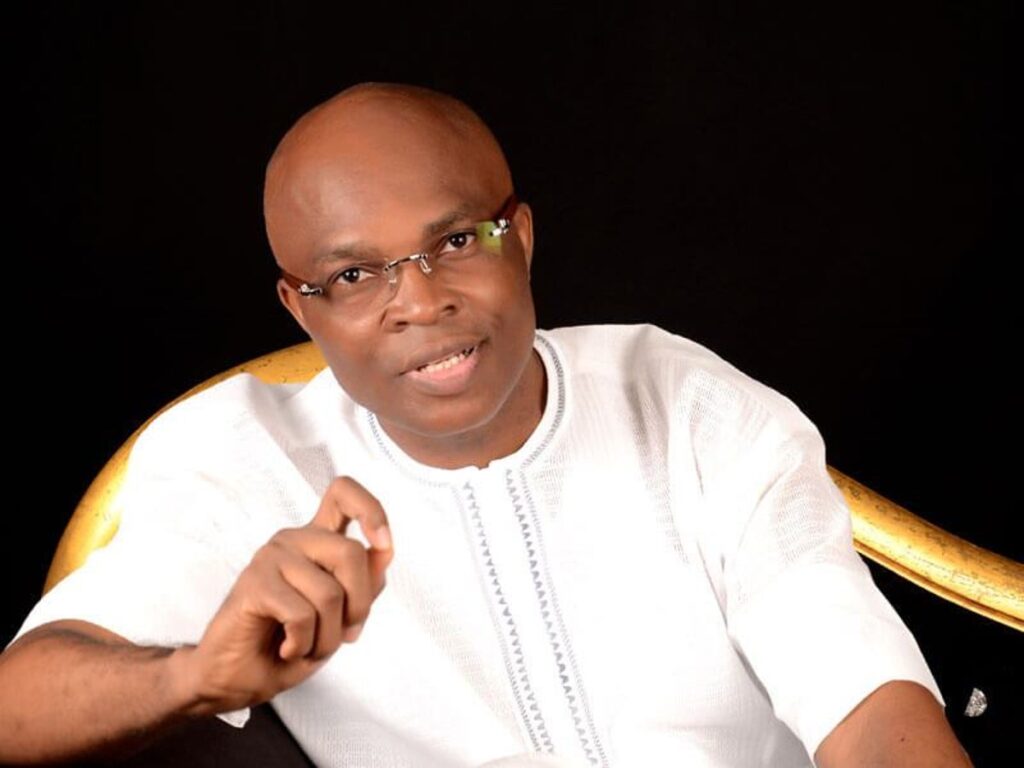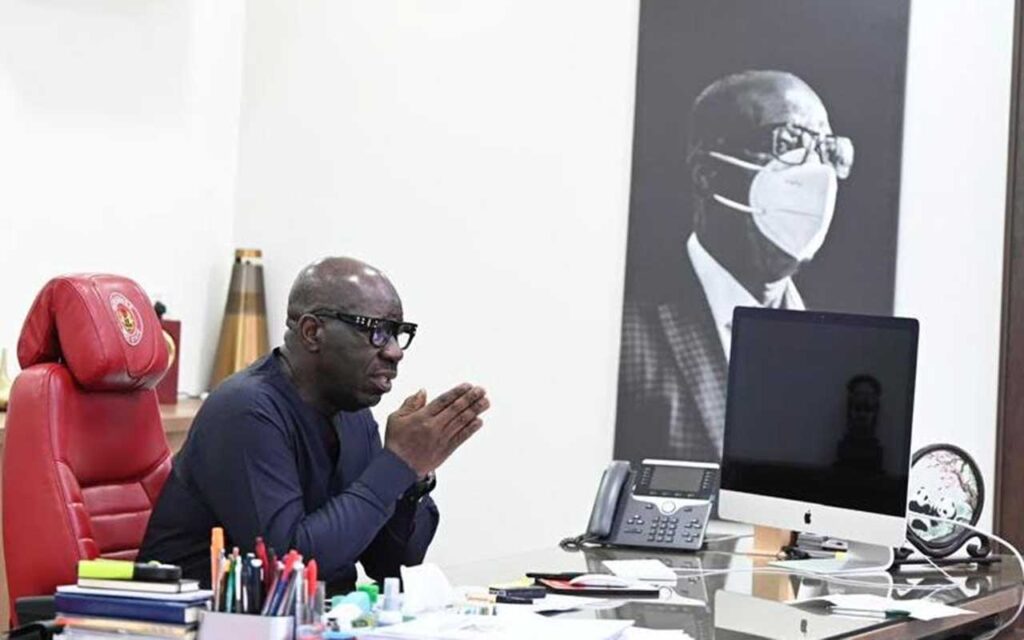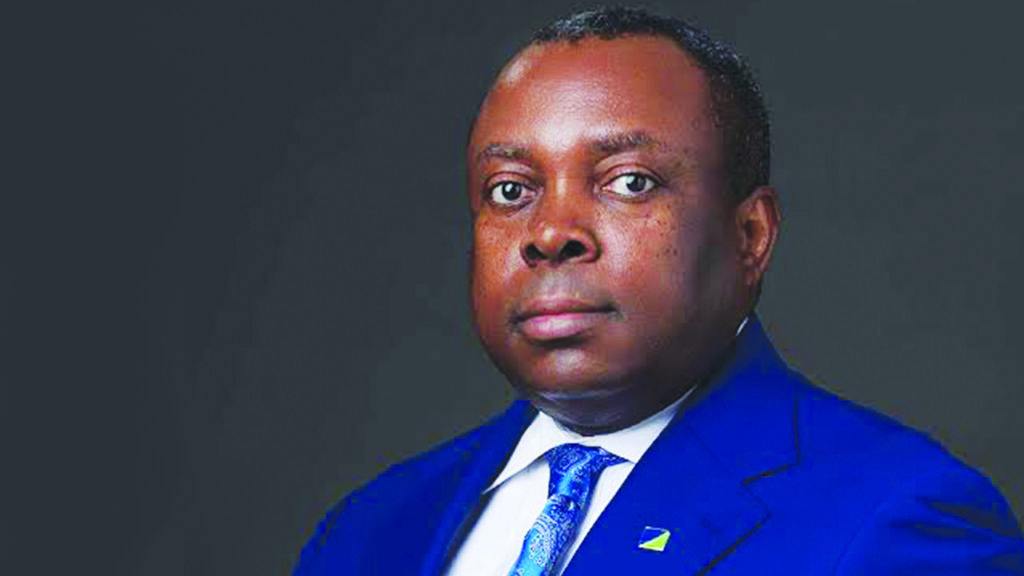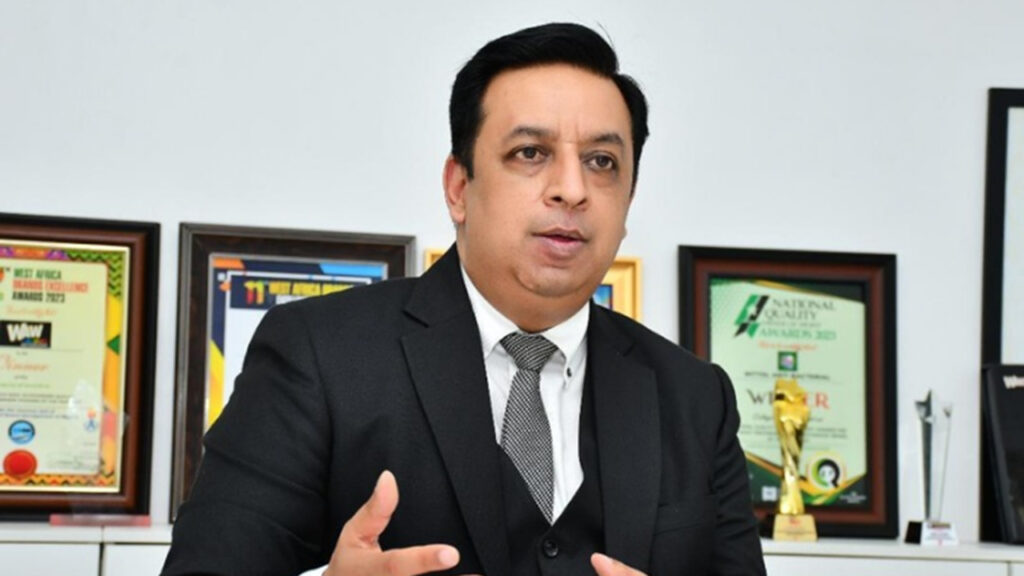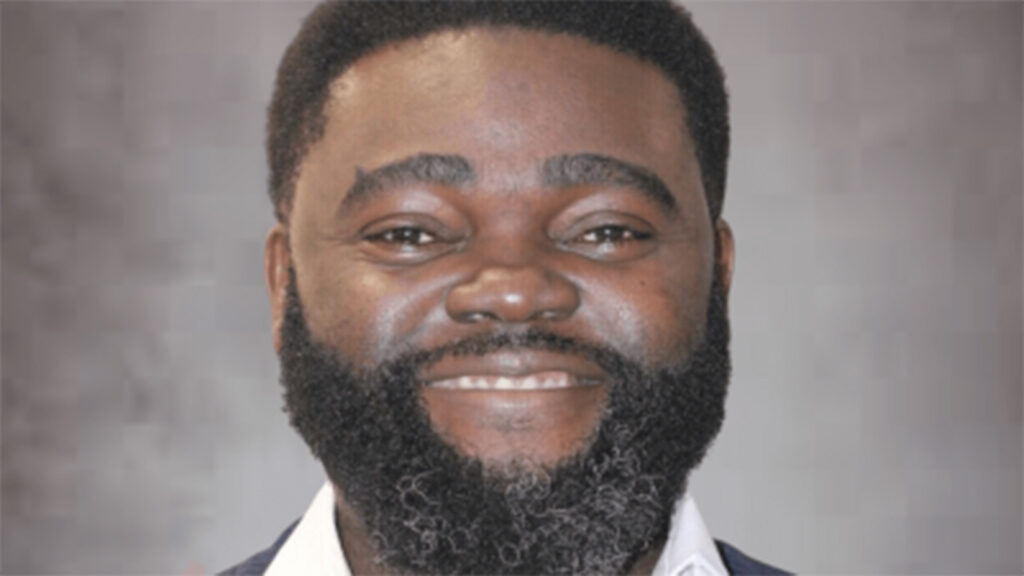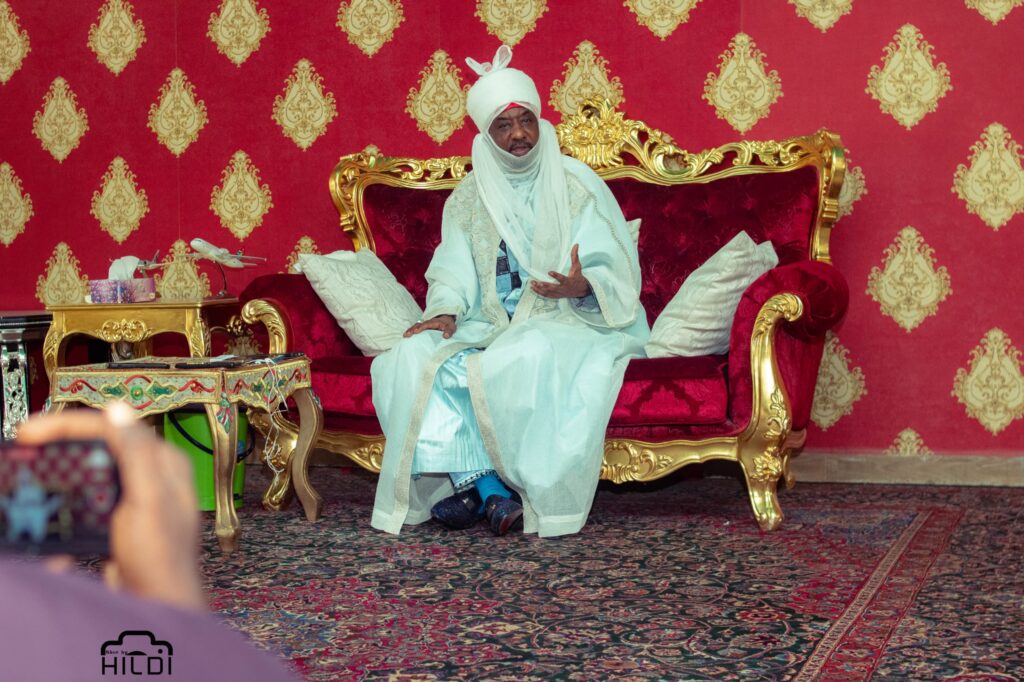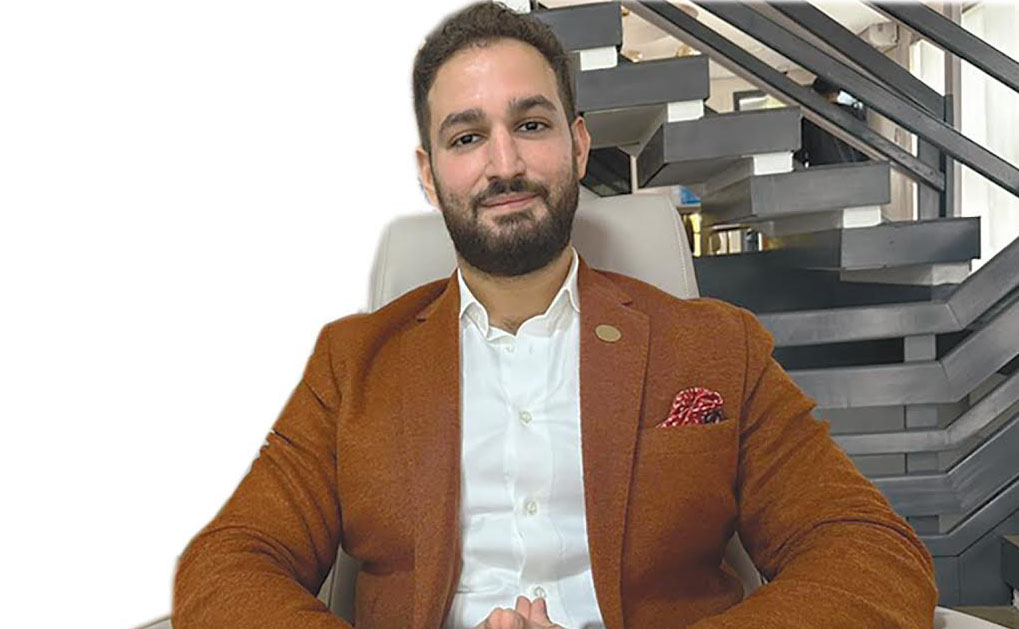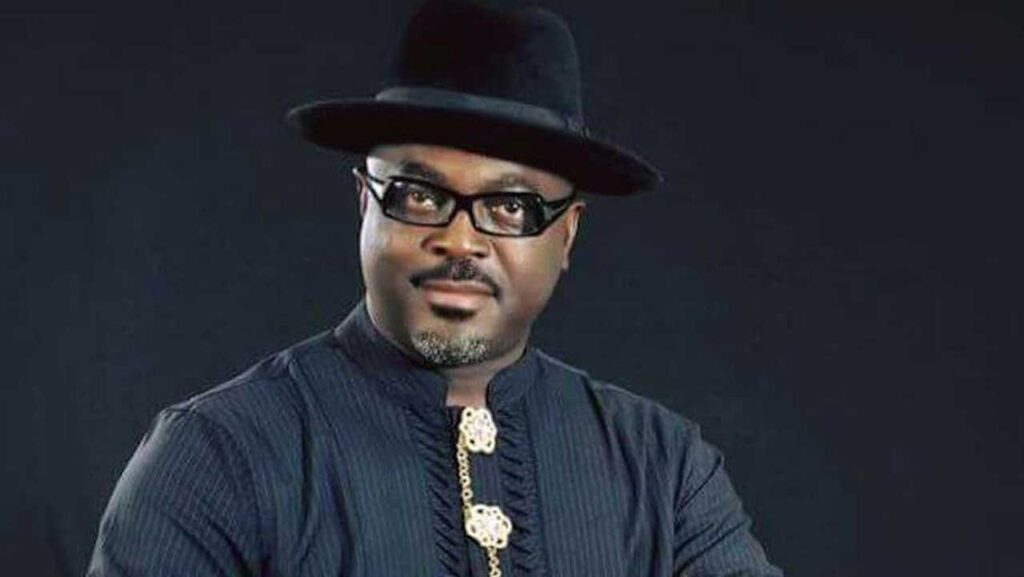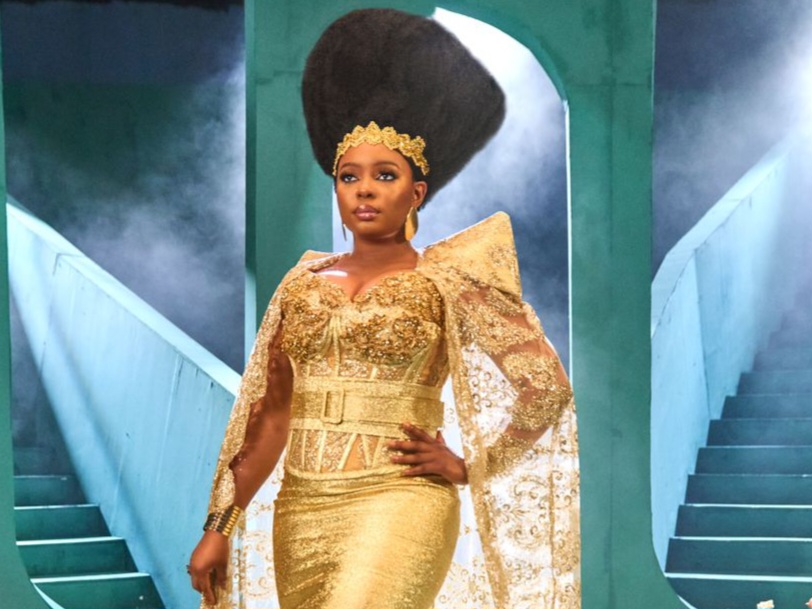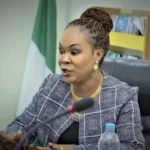 Pakistani education activist, Nobel laureate and Malala Fund co-founder, Malala Yousafzai has been in the forefront of advocacy of the right to education for women and girls, beginning from her country, which has now become a global struggle. In her native land, Swat, Pakistan, the Taliban had at times banned girls from attending school and went on to attack Malala with two other girls for their continued activism for education which sparked an international outcry.
Pakistani education activist, Nobel laureate and Malala Fund co-founder, Malala Yousafzai has been in the forefront of advocacy of the right to education for women and girls, beginning from her country, which has now become a global struggle. In her native land, Swat, Pakistan, the Taliban had at times banned girls from attending school and went on to attack Malala with two other girls for their continued activism for education which sparked an international outcry.
Yousafzai completed her secondary school education at Edgbaston High School, Birmingham in England (2013 to 2017). She won a place at Lady Margaret Hall, Oxford, and undertook three years of study for a Bachelor of Arts in Philosophy, Politics and Economics (PPE), graduating in 2020. She returned in 2023 to become the youngest ever Honorary Fellow at Linacre College, Oxford.
She has written 11 books since 2014. They include, I am Malala: The Story of the Girl Who Stood Up for Education and was Shot by the Taliban, Malala’s Magic Pencil, I Am Malala: How One Girl Stood Up for Education and Changed the World, Malala Speaks Out, and We are Displaced.
Ten years ago, Yousafzai made a famous speech at the UN General Assembly about the power of an educated girl. She visited Nigeria last week in commemoration of the 10th anniversary of her famed United Nations speech. During the trip to Nigeria in her capacity as UN Messenger of Peace, alongside the UN Deputy Secretary-General, Amina Mohammed, her father and Malala Fund co-founder Ziauddin, Yousafzai visited secondary schools and met with young women, activists and educators that Malala Fund supports.
She as well visited key leaders in government whose support is critical to driving progress for girls’ education across Nigeria. Since 2014, Malala Fund has invested over $6.1million in partner organisations and their programmes across Nigeria, leading and advocating amendments to education legislation, specifically seeking 12 years of safe, free, quality education for children under the Universal Basic Education Act. In an interview with IJEOMA THOMAS-ODIA, she speaks about her trip to Nigeria, visiting underserved northern communities, leading campaigns and working with communities to change minds and raise awareness about the value of girls’ education.
What brought you to Nigeria?
I’m here in Nigeria because this marks 10 years of my UN speech, which I gave when I was 16 years old. Since then I have been going on my birthdays to different countries to bring attention to the stories of the girls. I wanted to tell the world that my story is not unique, that there are stories of other girls that they need to hear as well. I’m here because I want to talk about the work that has been done here, but also I want to raise awareness. We have accomplished a lot in the work for education but we still have not reached the target. We’re still far behind in reaching the goals to ensure that there is commitment towards girl education, and I hope that when I come back to Nigeria, or when I celebrate ten more years of my speech, we’re able to say that we have matched the determination that the girls have, we have invested in their education, we have funded their work and we have given them the equal chance to be able to get their education and follow their dreams. That is my hope and I will keep on doing this work.
How has championing the cause of the girl-child, fighting against poverty, child marriage, and gender discrimination gone since 2014?
I came to Nigeria to show solidarity with the families of the Chibok girls who were abducted by Boko Haram and since then I have been thinking about Nigerian girls and what we can do for their education because there are millions of children, including girls, in Nigeria who do not have access to education. From my own personal experience, I know how important it is for a girl to have the right to complete her education. Malala Fund started investing in local organisations in Nigeria from 2017, and we work with more than 20 organisations and partners who are addressing the problems that girls face in accessing education – they are working in nine states. We are also working with the girls as well, training them and giving them the support so that they can be aware of their rights and also speak out for them.
I was able to meet with some of the girls and the education activists on my trip this time as well. Looking at their world and hearing their stories inspire me and give me hope that we can build a better education system in Nigeria. We can ensure that every girl in Nigeria has access to education, because the people here are determined, because the girls are determined.
Despite the challenges that girls have faced, they were sharing their stories and some of them were crying because of how difficult their time had been. But they had not given up or lost hope yet. They were determined to fight for their own education and also the education of their sisters and other girls who are just like them.

Weeks after the Chibok girls were kidnapped, you were in the country, and at a meeting with the then President Goodluck Jonathan, you emphasised the importance of continued public condemnation of the abduction as a way of preventing recurrence. How disappointed are you with the way that things have panned out?
We know that it has not been just one incident, there have been many incidents where children and girls have been abducted, harmed, injured or even killed. And if you look at how the insurgency is affecting children, you will realise that it is a big factor in why schools are not working in some places, why children are missing out on their education.
So, our goal in the past years has been to ensure that school safety is a top priority. Nigeria has now signed a safe school declaration as well and we hope that they have that commitment to ensure that all girls are safe. Also, the release of girls who were abducted should remain a priority. We know that some of the girls have been released and they were returned, but we need to fight to ensure that the very last girl comes back. Every girl deserves a chance and no girl should go through that harm. Safety in school is a serious issue. We hope that it becomes a priority.
Since the Chibok girls’ abduction, dozens of cases of abduction of school children have happened in Nigeria. How similar is what is happening in Nigeria to what obtains in your home country; what are your impressions about the way that the Nigerian government is handling attacks on school children?
Safe education is a problem in many parts of the world. We see cases in almost every country. In Afghanistan, girl education is completely banned, and in other parts of the world, schools are militarized or they are not guaranteed safety. Many countries haven’t signed the Safe School Declaration and we hope that this changes and the safety of education for children becomes a priority. But that is one factor. I hope that leaders make a strong commitment to investing in the education of girls, to ensure that there are better quality schools for every girl. They should improve the quality of education and also work on the safety of education.
Nigeria is home to the highest number of out-of-school children in the world. The northern part of this country produces the chunk of this number. How dire are the consequences that this area may face in the years ahead?
I was in Borno State earlier this week, and I had been there in 2017 as well. I saw how much has changed in the past few years as regards the education of girls. I was able to visit three schools this time and in every school, I saw that the girls had so much energy and charisma. They were not taking their education for granted. Many of these girls have a very challenging background, they have gone through the insurgencies and they have faced a lot of trauma, but now they are transforming that into building resilience and they are ensuring that they do not give up and that they do something for themselves and other girls like them in their families and communities as well.
When you look at that, you see that there is potential. You can make change. I am hopeful for the Northern states and I am hopeful for Nigeria. I believe that we can make change happen. It requires the collective commitment of people, governments and leaders. If government officials, civil societies and education activists can come together, I think that will make a huge difference. This is such a critical time because this is a newly formed government, they are writing down their budgets, and their long term plans.
So, it is crucial at this point that we remind them to make education a priority, because education is the foundation for building a stronger economy, for bringing progress and development. They should also ensure that they are collaborating with the educational activists and girls and I hope that the government at the federal and state levels would guarantee every child in Nigeria access to a complete 12 years of education. It means from the primary up until the senior secondary level. A lot of states do not guarantee senior secondary education for free.
We need to ensure that it is a commitment from the government. I hope that the government makes a commitment to allocate four per cent of the GDP to education and 22.5 per cent of the budget to education. This is what we have heard in the past and I hope that it is put into the policy and put into action as well.
COVID-19 took a toll on education across the world. How much of an impact would you say it had on your fight for girl child education?
COVID-19 put every child out of school. It was a challenging time because we were worried that the longer a girl stays out of school, the less likely she is to return. Many girls at such a time are pushed or forced to get married, and at this time so important for us to keep on advocating education of girls, a lot of interesting things were happening because activists whom we support were coming up with some innovative ways to make education accessible even when the children were at home and when they were not in school. One of the partners we support started a radio programme in Nigeria. That programme was able to reach out to girls in their homes in the Northern part and it still made sure that the girls were learning even when they were not in school.
In post- COVID, there have been challenges because a lot of developing countries have cut down their aid and support to education. There’s also the issue that low and middle-income countries have to choose between paying their debts and paying for education. The number of out-of-school children in some parts of Sub Saharan Africa is increasing.
It’s a very challenging situation and we would want the global community of these countries to come together to make agreements to ensure that they are taking a collective action for the education of the future generation. They should come up with solution to these problems, otherwise, children will keep on missing out, there will be no investment in education and we will keep on failing the future generation. It is really important that we find ways to be able to gain more funding and support for education.

Since 2014, Malala Fund, which you co-founded has invested over $6.1m in partner organisations and their programmes, focusing on advocating amendments to education legislation, specifically for 12 years of safe, free, quality education under the Universal Basic Education Act across Nigeria. What success has been recorded?
This was possible through the collective advocacy of our education champions. They passed this legislation in Kaduna and in a few other states in Nigeria and that’s not the end of the journey. They want to ensure that this legislation is passed in every state in Nigeria. I was able to meet some governors and also the Vice President and this is the message that I conveyed there as well; to engage with the education activists in Nigeria.
They have done significantly well over several decades in this country and they are helping the most marginalized and underserved girls. It is really important that there is collective work for education there. Our goal is to ensure that we have a legislation that guarantees a complete 12 years of education from primary to senior secondary level for every child in Nigeria, and that there is financial commitment. That requires collective work and it requires listening to the education activists.
You have written 11 books since 2013, almost feels like you do one every other year. What level of satisfaction does chronicling your thoughts give to you, and are there more in the pipeline?
I have written a few books and I am also working on my next project, which will share more about my journey and my personal life as well – how I was able to complete my university education, get married and still do this work for girl education. I would love to share more about my life and just my personal thoughts.


